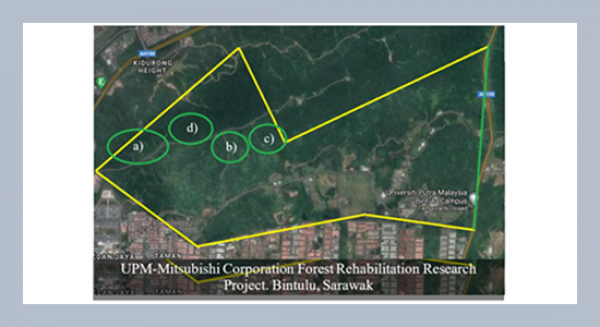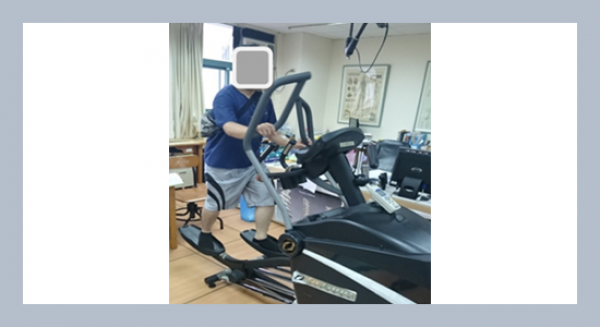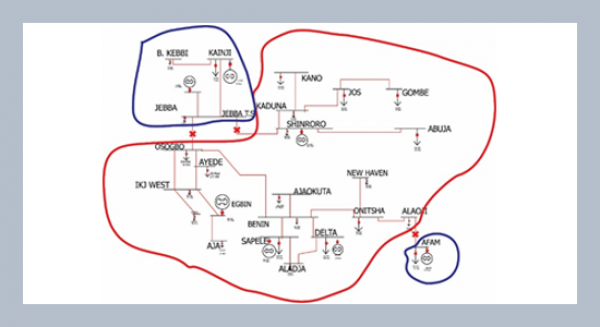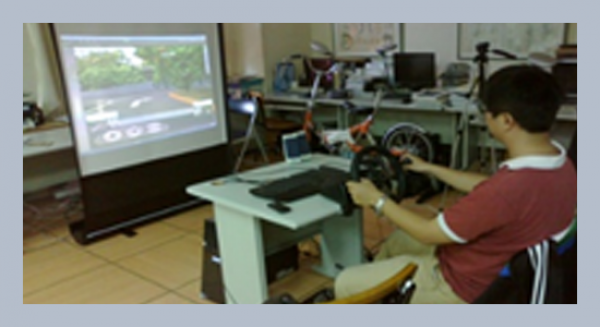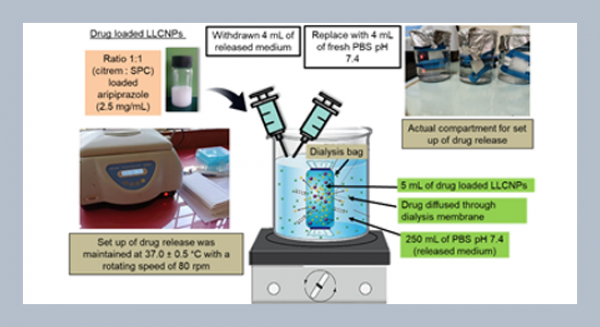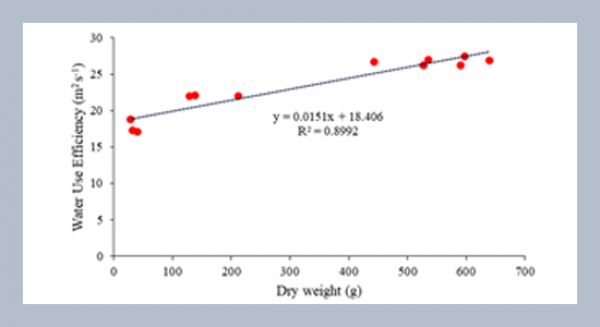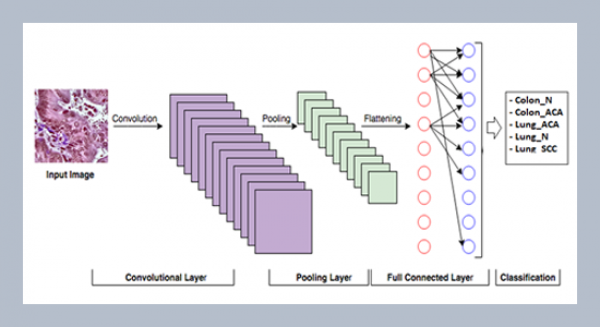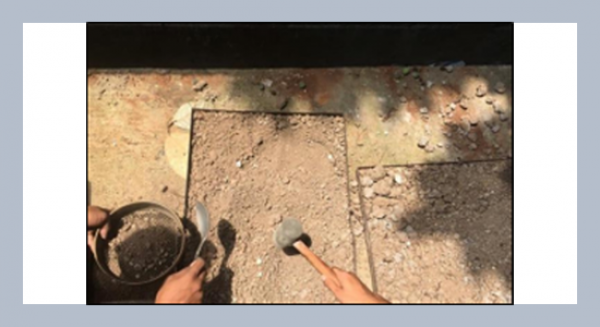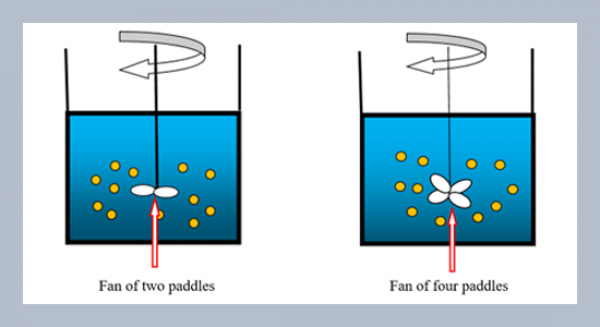Shu-Ching Wang,a, Wei-Ling Lina, Wei-Shu Hsiunga and Rong-Chung Chena*
aDepartment of Information Management, Chaoyang University of Technology, Taiwan, R.O.C.
Download Citation:
|
Download PDF
As a result of the rapid economic development that has led to changes in the industrial structure, Taiwan is facing an ever-increasing pressure of labor shortage, with the number of foreign workers increasing year by year. Industrialization has brought many foreign workers into a country, and this situation is an inevitable event. The inflow of foreign workers may help to resolve unnecessary vacancies rejected by local workers. However, the influx of foreign workers has actually brought many effects that affect the country’s economic growth. With the booming economy in Taiwan, the industrial structure is undergoing more and more changes. Because foreign workers are different from our culture, education and training programs should be fully prepared. Therefore, while training foreign workers, there should be a concept of “intercultural training”. Because data analysis is the process of systematically applying statistical and/or logical techniques to describe and illustrate, condense and recap, and evaluate data. Therefore, this study will focus on “intercultural training” for foreign workers. This study used relationship analysis, factor analysis and regression analysis as statistical tools. The research findings showed that national cultural differences and cross-cultural training had significant positive effects on the overseas adaptation of foreign workers. Furthermore, this study compared the results of analysis on foreign workers from Thailand to find out how many the workers from Thailand, will be affected by the national cultural differences and cross-cultural training.ABSTRACT
Keywords:
Data analysis; foreign workers; national culture differences; cross-cultural training; overseas adaptation; human resource.
Share this article with your colleagues
REFERENCES
ARTICLE INFORMATION
Received:
2020-02-25
Revised:
2020-03-10
Accepted:
2020-03-10
Available Online:
2020-03-01
Wang, S.C., Lin, W.L., Hsiung, W.S., Chen, R.C. 2020. The analysis of critical information of cross-cultural training for foreign workers in Taiwan. International Journal of Applied Science and Engineering, 17, 87–105. https://doi.org/10.6703/IJASE.202003_17(1).087
Cite this article:




